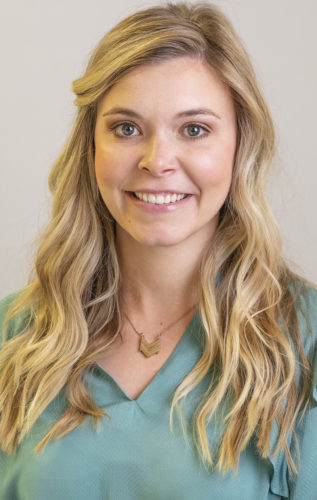Back for another year, the Idaho State Legislature has appropriated an additional $5 million to the Concentrated Animal Feeding Operation (CAFO) Improvement Fund for beef and dairy producers with plans to make environmental improvements to their facilities.
As part of the state’s surplus tax revenue, the CAFO Improvement Fund was established in 2022 – helping fund 13 farm projects out of a total of 35 applicants. Projects include new lagoon construction, water recycling systems, screw presses, centrifuges, advanced distillation, sloped screens, pipelines to additional acreage for lagoon water application and more.
“This is a unique grant-funding opportunity that helps support producers with their manure and nutrient management goals,” said Megan Satterwhite, an appointed committee member and director of operations at the Idaho Dairymen’s Association. “Producers pride themselves in being good stewards of the land and natural resources. The CAFO Improvement Fund helps them invest in additional measures to protect the environment.”
Whitesides Dairy, one of the 2022 grant recipients, is in the process of building a water recirculation system on their roughly 6,000-head operation just east of Rupert. Derek Whitesides, a co-owner in the family business, said these improvements will have a huge impact on their operation – both environmentally and to their bottom line.
“Right now, we flush out the manure in our barns,” Whitesides explained. “It is a quick, fast way to clean out the barns. So, with this system, we’re doing that once or twice a shift – about twice every eight hours – and that water is freshwater. And so, this system now will allow us to save a whole bunch of water because we’re going to use that water over and over, and then it also allows us to flush the barns about every 20 minutes, which is really huge for us because it will keep the cows a lot cleaner, and it will be easier to clean the barns.”
Applications were made available July 1 and will close Aug. 31. The CAFO Improvement Fund will cover 60% of the project, with the other 40% being the responsibility of the recipient. The cost share funds will be capped at $1 million per owner or partnership.
Of the application process, Whitesides said: “It wasn’t a ton of red tape. I don’t know if we had to, but we gave all the data: how much water we were going to save, how much more we’re going to be able to flush. So, we had actual data, and then we just did a write up explaining why we’re trying to do what we’re trying to do, and then we submitted it, but really it wasn’t a super complex process.”
While it is hoped the state will continuously allocate money to the CAFO Improvement Fund, Satterwhite said it is not guaranteed. Interested producers are encouraged to visit the following link for more information on the application process: Idaho Department of Environmental Quality.








